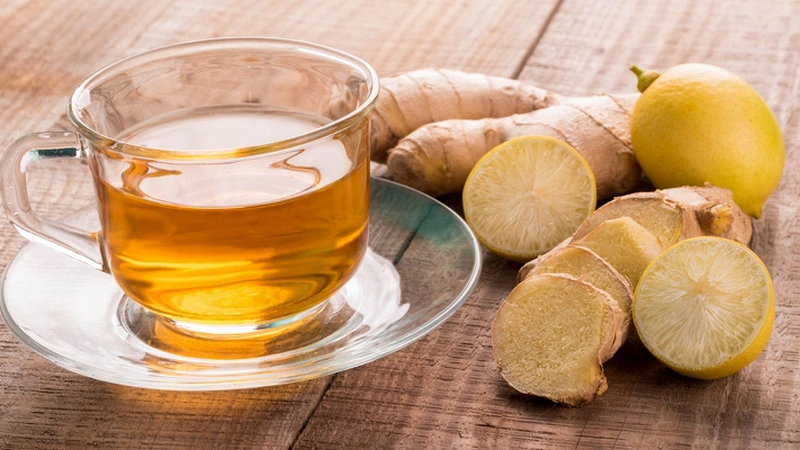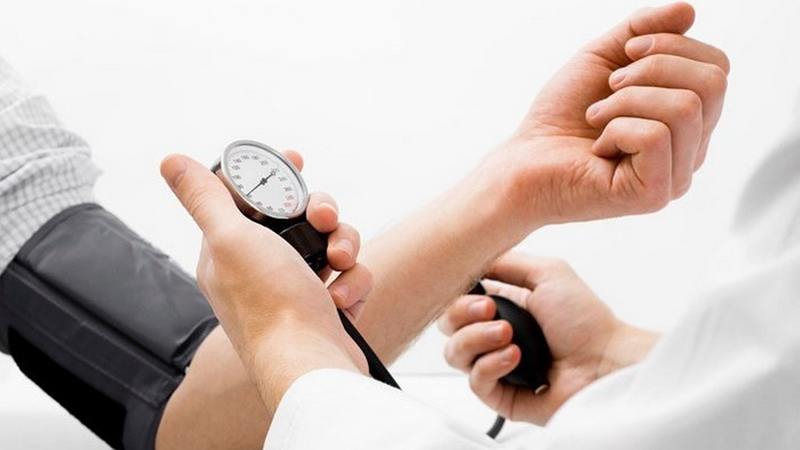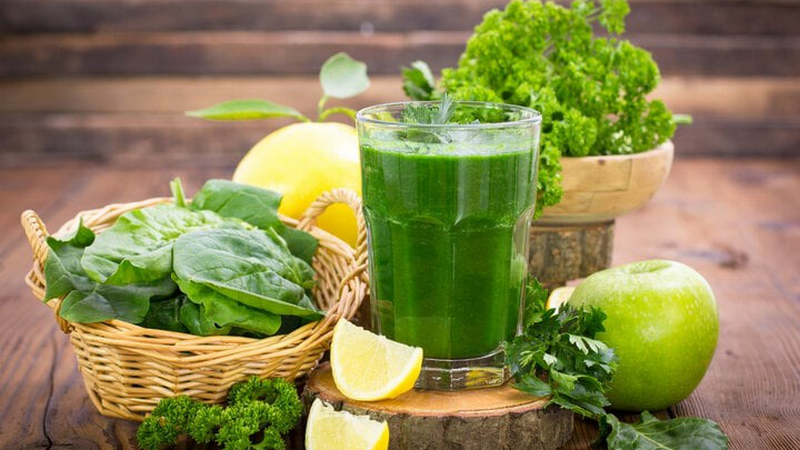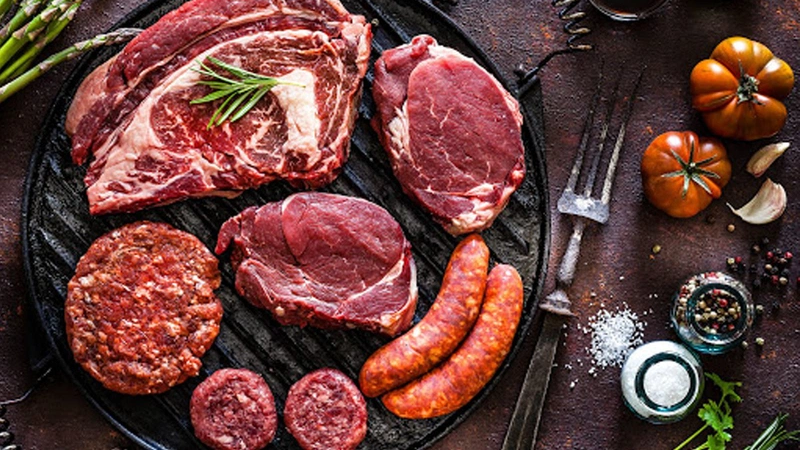Ginger is a familiar herb, often used in Oriental medicine thanks to its ability to reduce inflammation and improve blood circulation. Therefore, after rhinoplasty, many people wonder whether they should use drinks containing ginger. In particular, can you drink ginger tea after rhinoplasty?
Is it safe to drink ginger tea after rhinoplasty? This is a question that many people are interested in after cosmetic surgery. Ginger tea has many health benefits, including the ability to reduce inflammation, relieve pain and aid digestion. However, after rhinoplasty, the use of ginger should be carefully considered to avoid negative effects on the wound healing process. Follow the article below to find out whether drinking ginger tea after rhinoplasty is the right choice.
Answering questions: Can you drink ginger tea after rhinoplasty?
After rhinoplasty, health care and diet play an important role in the wound healing process. In particular, drinks with anti-inflammatory and pain-relieving effects such as ginger tea are chosen by many people to ensure the best surgical results. However, does ginger tea have any potential side effects? Should you drink ginger tea after rhinoplasty?
Potential side effects of ginger tea after rhinoplasty
Although ginger tea is known for its many health benefits such as reducing inflammation, improving blood circulation, etc., it also has potential side effects that can affect the results of surgery. Here are some potential side effects of ginger tea that you should be aware of:
- Risk of bleeding: In the early stages after surgery, when the surgical wound is still new and vulnerable, eating ginger or drinking ginger tea can reduce blood clotting ability. Because ginger is hot, it can increase blood circulation and lead to the risk of bleeding and bruising after surgery.
- Effects on drugs: Ginger can also interact with some drugs, reducing the effectiveness of treatment or causing unwanted side effects. Specifically, ginger can reduce the effects of painkillers or anticoagulants, thereby increasing the risk of complications during recovery.
- Irritation: Using ginger can irritate the stomach, leading to symptoms such as abdominal pain, heartburn, nausea or diarrhea, slowing the recovery process after surgery.

Potential side effects of ginger tea
Is it safe to drink ginger tea after rhinoplasty?
In response to the question “Is it safe to drink ginger tea after rhinoplasty?”, cosmetic doctors have recommended that ginger tea and other ginger products should not be used after rhinoplasty surgery. Although ginger tea has anti-inflammatory and antibacterial properties, it can also cause irritation, increase body temperature and potentially slow down the wound healing process. In particular, consuming too much ginger can lead to high blood pressure, stimulate a runny nose or even cause bleeding.

Can I drink ginger tea after rhinoplasty?
How long after rhinoplasty can you drink ginger tea?
After rhinoplasty, it takes time for the wound to heal and your health to recover. During this period, it is very important to limit factors that can cause irritation or slow down the healing process. Because ginger tea can negatively affect the recovery process, doctors often recommend not drinking ginger tea for at least 1-2 weeks after surgery.
Suggestions for some beneficial drinks and foods to avoid after rhinoplasty
After rhinoplasty, maintaining a proper diet is very important to support the recovery process and achieve good aesthetic results. Below are the types of drinks that can be used after surgery:
- Vegetable juice: Provides essential vitamins and minerals, especially vitamins A, C, E to help the body recover and effectively fight inflammation.
- Fruit juice: Source of vitamins, minerals and antioxidants that help boost immunity, support wound healing such as oranges, kiwis, carrots, etc.
- Nut milk: Many types of nuts contain protein, unsaturated fats and nutritious vitamins and minerals such as cashews, almonds, soybeans, etc.

Beneficial drinks after rhinoplasty
In addition to the above nutritious foods and wound healing support, women who have rhinoplasty surgery should also pay attention to abstaining from foods that have negative effects. Limiting the use of foods that can easily cause irritation, scarring, etc. also plays an important role in ensuring the best surgical results. Some foods to avoid to protect the wound are as follows:
- Red meats that can easily cause scarring and irritation such as beef, goat meat, etc.
- Eggs, chicken, and sticky rice can cause pus and white scars.
- Spinach is a food that stimulates the growth of keloid scar tissue.
- Goose, duck, and seafood can easily cause allergies and redness at the surgical wound.
- Hot foods such as ginger, durian, chili, etc. can cause bleeding and pus.
- Fast food and tobacco, alcohol, beer, and coffee.

Limit the use of foods that can easily cause irritation and scarring.
Hopefully the above article has answered the question of whether or not you can drink ginger tea after a nose job, as well as provided more useful information about foods you should and should not eat.





